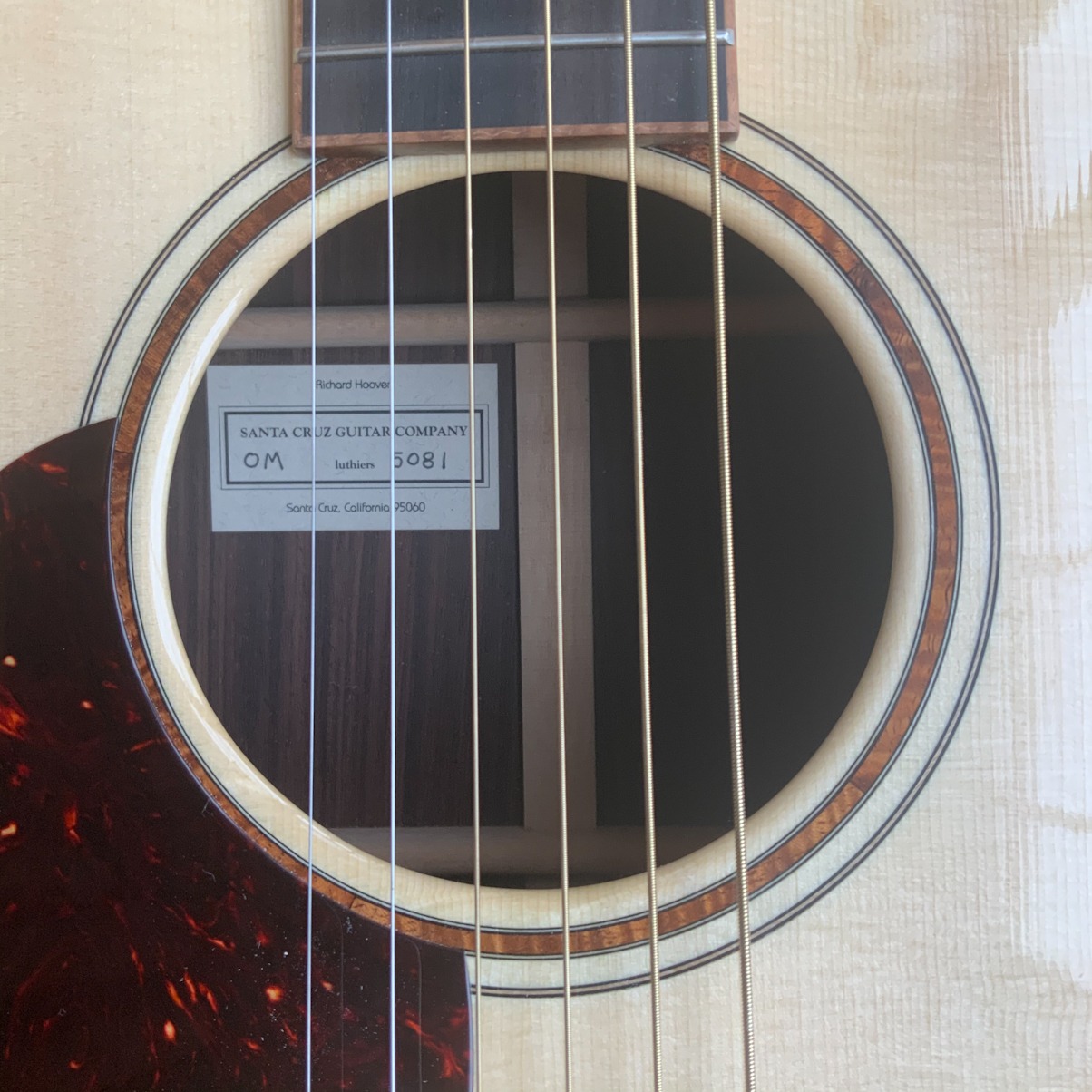
Guitar strings : Harry Potter and the Philosopher’s Tone
Whether one is a beginner or a professional guitar player, the right choice concerning strings is as essential as it is difficult. It is, first and foremost, a personal choice. Nowadays the existence of a variety of materials allows for a wide range of playability and tone. The following article is meant to inform you on the different materials from which strings are made so that you can make a more enlightened choice among the hundreds of products available on the market. A traditional string is made of three distinct elements: the string’s core, the winding and the coating.
I. String core, winding and coating
The strings core is the heart of the string, the main wire. It can be made in a hexagonal or circular shape and made of different materials, such as steel, nylon or nickel.
The guitar string’s winding is the second component that wraps around the string core. There are many types of winding such as round wound or flat wound.
Finally, it is important to note that more and more strings are now coated. String makers apply a fine layer of synthetic coating either on the string itself (like on Elixir brand strings for example) or on the winding (other brands) to protect the string and improve its longevity and playability.
II. String Gauge
The playability and the sound of your instrument are directly influenced by the string gauge. It corresponds to the string diameter and, as such, to the tension exerted onto the instrument. It must be noted that :
The larger the diameter, the greater the string tension, the more it resonnates and the harder it is to play.
The smaller the diameter, the lesser the string tension, and thus a lesser resonnance and the easier it is to play.
It is possible to balance certain tonal aspects related to scale length by choosing a more or less elevated string tension. I would invite you to consult my article on different scale lengths to find out more.
Service life of strings and the sound of your instrument are directly related to the components of your strings : steel, nickel, nylon, phosphor, bronze and copper. Every one of these materials has acoustic qualities that are unique to each. Here is some information.
Stainless steel strings
More guitar strings are made of stainless steel. The sound obtained through these is clear and bright, but their service life is shorter to those made of nickel.
Nickel Strings
Nickel-made strings have a warm and mat sound, without so much brightness. Unlike steel, nickel strings are more supple.
Nylon strings
Nylon strings are mainly used for classical guitars. Carbon strings have a clearer sound and are more percussive than nylon. Their diameter are also smaller.
Phosphor
The phosphor in the strings gives them a warmer sound. The phosphor content varies, and the resulting sound does as well.
Bronze
The bronze in the strings gives them a brighter and more metallic sound.
Copper
Copper, on the other hand, offers better quality bass notes.
III. Coated strings
Coated strings lengthen service life of guitar strings by protecting them against oxidation and corrosion. Another advantage is that they improve brightness and comfort of play. In fact, coated strings are softer to the touch and, for certain musicians, more enjoyable.
Fully coated strings
Elixir brand strings claim to be the only brand to offer this type of coating. Personally, I advise against using this type of string unless you suffer from excessive sweating, or a tendency to oxidate your strings very quickly. I prefer to change strings more often rather than to use Elixir strings. (But, as mentioned earlier, it is a personal choice!)
Winding-coated strings
The winding is coated and protects the string against oxidation and corrosion, but not from general dirt.
You now have the main elements to better choose your strings. I strongly recommend trying out different types of strings and string gauges. For me, strings are to the guitar what the magic wand is to Harry Potter, you must find which ones fit best with your instrument according to your style of play and range! However, remember that intonation (nut/saddle compensation) is always set according to string gauge. Once you’ve determined the ultimate tension, it is important to make sure that the compensation is perfect so that you always play perfectly in tune, up and down the fretboard.


